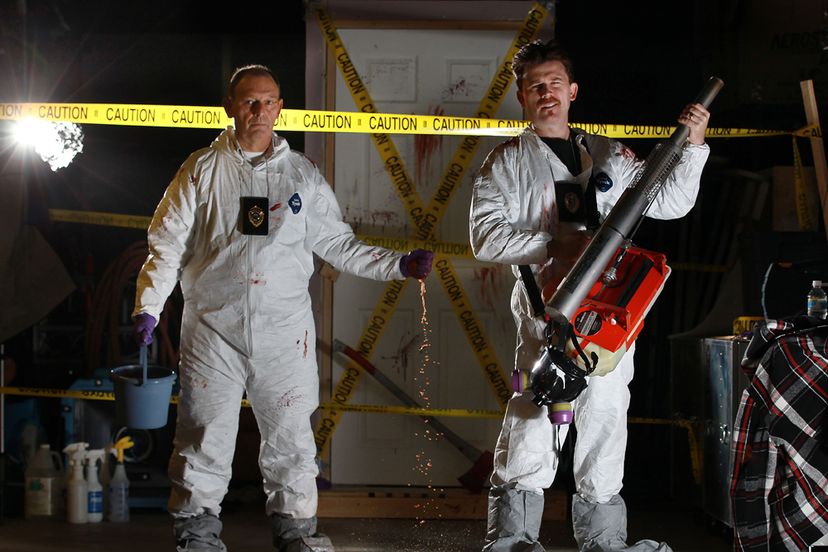
About This Quiz
"Ready to test your knowledge on the darkest corners of the human mind? Take on ""The Ultimate Serial Killer Trivia Quiz"" and see if you can uncover the most infamous and chilling cases in history.
From Jack the Ripper to Ted Bundy, this serial killer trivia questions will challenge your knowledge of the world's most famous serial killers like John Wayne Gacy. Do you have what it takes to navigate the twisted paths of their crimes and motives in just 1 minute?
Dive into the world of true crime and see if you can outsmart the most cunning and ruthless killers in history. Can you unravel the mysteries behind their heinous acts and emerge as the ultimate serial killer trivia quiz champion? Play now and find out!
"
Robert Ressler, former director of the FBI Violent Criminal Apprehension Program, coined the term in the mid-1970s.

As opposed to mass murderers, who kill four or more people in a short period of time in the same place, serial killers murder three or more victims with "cooling-off" periods in between.

The FBI estimates there have been approximately 400 serial killers responsible for anywhere from 2,526 to 3,680 victims during the last century.
Advertisement

Although serial killers are classified based on either motive or organizational and social patterns, they don't always fall clearly into either category.

Gain killers are a type of process-focused serial killer who murder for a perceived profit.

More than 80 percent of serial killers are white men in their 20s or 30s. They tend to be intelligent and usually target white women.
Advertisement

Often, serial killers exhibit three behaviors in childhood known as the MacDonald triad: bed-wetting, arson and cruelty to animals.

Although you can never know with certainty why a person kills, childhood abuse, brain injury and insanity have all been attributed to serial murderers.

According to FBI profiler John Douglas, a signature "is a ritual, something the subject does intentionally for emotional satisfaction -- something that isn't necessary to perpetuate the crime."
Advertisement

The modus operandi reflects what the serial killer had to do to commit the crime and includes everything from luring and restraining the victim to the exact method of murder.